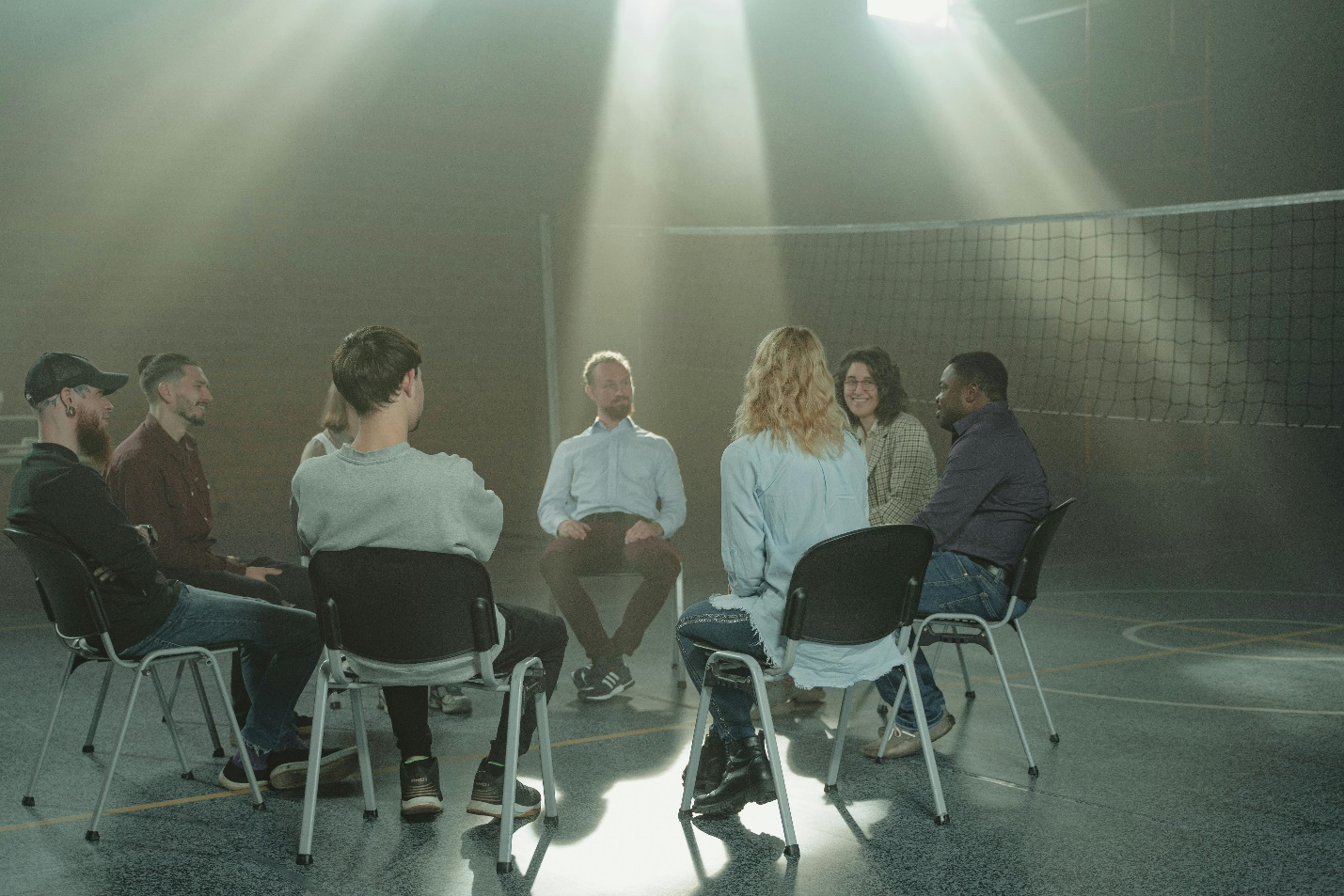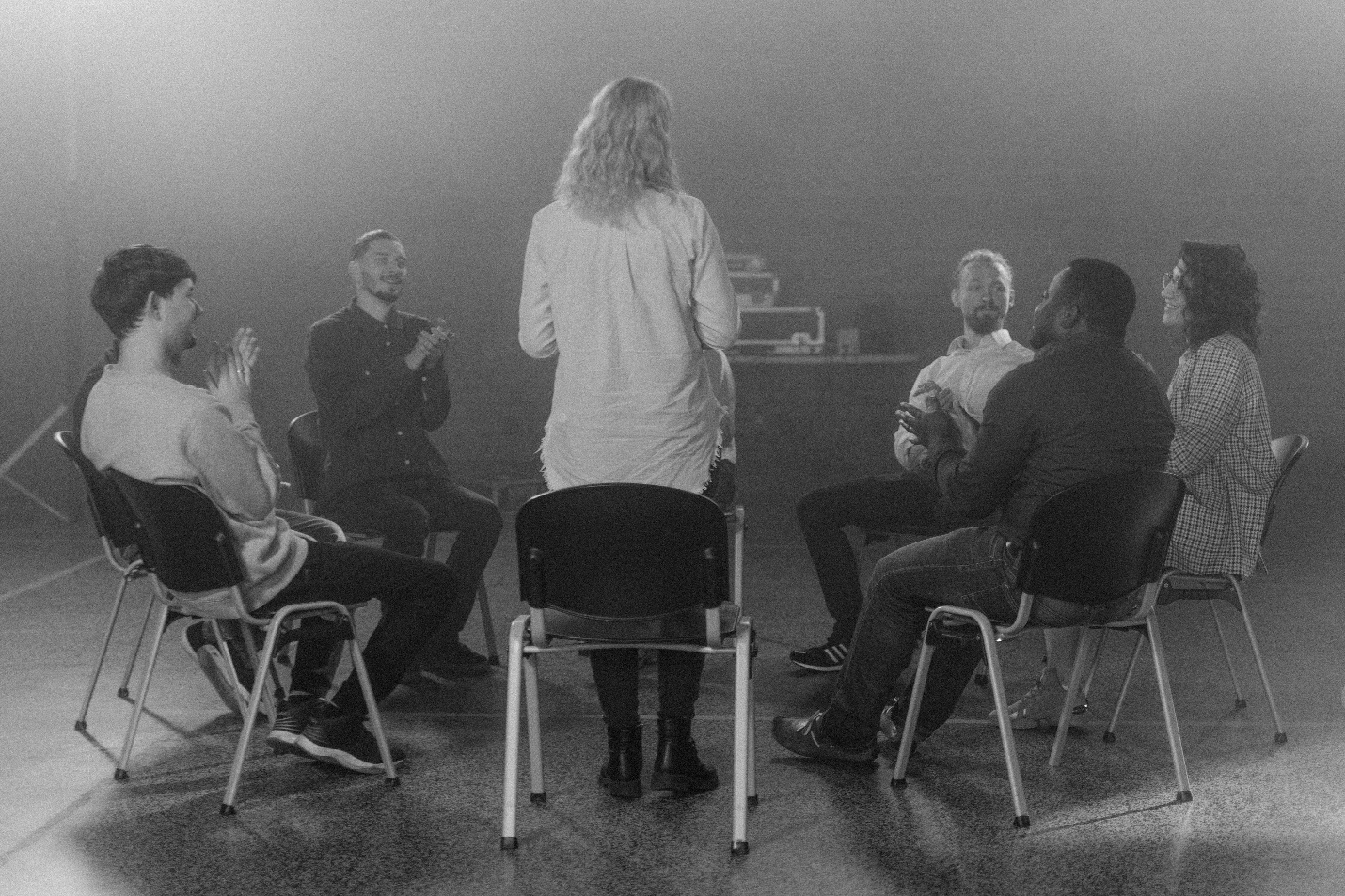Your Guide To The Benefits of Group Therapy
Group therapy involves one or more therapists working with multiple individuals at the same time. It is a form of psychotherapy. This type of therapy is very effective in addressing various mental health issues and offers unique benefits that individual therapy alone may not provide.
At Comprehensive Counseling Services, LLC, we believe in the transformative power of group therapy and are committed to helping individuals harness its benefits for their personal growth and healing. In this blog, we will explore the numerous advantages of group therapy and how it can be an invaluable component of your mental health journey.
Understanding Group Therapy
Group therapy typically involves a small group of individuals who meet regularly to discuss their experiences, challenges, and progress under the guidance of a trained therapist. These sessions are structured to provide a safe and supportive environment where members can share their thoughts and feelings, learn from others, and receive professional feedback. Group therapy, often incorporating elements of behavioral therapy, can address various issues, including depression, anxiety, addiction, grief, and relationship problems.
The Power of Shared Experiences
One of the most significant benefits of group therapy is the opportunity to connect with others who are facing similar challenges. Sharing your experiences with individuals who understand your struggles can be incredibly validating and comforting. This sense of shared experience fosters a feeling of belonging and reduces feelings of isolation, which are common in many mental health conditions. Knowing that you are not alone in your journey can provide immense relief and encouragement.
Diverse Perspectives and Insights
In a group therapy setting, especially in the context of anxiety counseling, members bring their unique perspectives and experiences to the table. This diversity can lead to richer discussions and a broader understanding of your issues. Hearing how others cope with similar problems related to anxiety can offer new insights and strategies that you may not have considered. The collective wisdom of the group, focused on overcoming anxiety, can provide creative solutions and different viewpoints that enhance your personal growth and problem-solving abilities.
Improved Social Skills
 Group therapy offers a safe and supportive environment to practice and improve social skills. For individuals who struggle with social anxiety, communication issues, or interpersonal relationships, group therapy provides an opportunity to interact with others in a structured setting. Members can practice active listening, empathy, and assertiveness, receiving immediate feedback from both peers and the therapist. These skills are transferable to real-life situations, improving overall social interactions and relationships.
Group therapy offers a safe and supportive environment to practice and improve social skills. For individuals who struggle with social anxiety, communication issues, or interpersonal relationships, group therapy provides an opportunity to interact with others in a structured setting. Members can practice active listening, empathy, and assertiveness, receiving immediate feedback from both peers and the therapist. These skills are transferable to real-life situations, improving overall social interactions and relationships.
Enhanced Self-Awareness
Group therapy encourages self-reflection and self-awareness. Through group interactions, you can gain a deeper understanding of your own behaviors, thoughts, and emotions. Feedback from group members and the therapist can provide valuable insights into how you are perceived by others and highlight areas for personal growth. This heightened self-awareness is a crucial step in the therapeutic process, fostering personal development and emotional healing.
Mutual Support and Encouragement
The supportive nature of group therapy, particularly in counseling for depression, creates an environment where members can offer and receive encouragement. Witnessing the progress of others can be motivating and inspiring, reinforcing the belief that change and improvement are possible. The mutual support within the group helps build a sense of community and accountability, which can enhance commitment to the therapeutic process and personal goals.
Learning from Others’ Progress
Observing the progress of other group members can provide hope and motivation. Seeing how others have overcome similar challenges can inspire you to persist in your own journey. This observational learning can be particularly powerful, as it demonstrates that recovery and growth are achievable. Group therapy creates a dynamic environment where members can celebrate each other’s successes and learn from each other’s setbacks.
Cost-Effective Therapy Option
Group therapy is often more cost-effective than individual therapy, making it a more accessible option for many individuals. The reduced cost does not compromise the quality of care; in fact, the added benefits of peer support and diverse perspectives can enhance the therapeutic experience. This affordability allows more people to access the mental health support they need.
Structured and Safe Environment
Group therapy provides a structured environment where sessions are guided by a trained therapist to ensure they are productive and supportive. The therapist sets ground rules to maintain confidentiality, respect, and safety within the group. This structure allows members to express themselves openly and honestly, knowing that they are in a secure and respectful space.
Addressing Specific Issues
Group therapy can be tailored to address specific issues, such as addiction, grief, anxiety, alcohol addiction help, and counseling for depression. Specialized groups bring together individuals who share similar challenges, allowing for more focused and relevant discussions.
For example, a grief support group provides a space where members can share their loss experiences and receive specific coping strategies, while a group focused on counseling for depression or alcohol addiction help offers targeted support and strategies for those particular conditions. This targeted approach can lead to more effective and meaningful outcomes.
Building Long-Term Support Networks
 The connections formed in group therapy can extend beyond the therapy sessions, leading to long-term support networks. Group members often build strong bonds and may continue supporting each other outside the formal therapy setting. These enduring relationships can provide ongoing encouragement and companionship, contributing to sustained mental health and well-being.
The connections formed in group therapy can extend beyond the therapy sessions, leading to long-term support networks. Group members often build strong bonds and may continue supporting each other outside the formal therapy setting. These enduring relationships can provide ongoing encouragement and companionship, contributing to sustained mental health and well-being.
Enhancing Empathy and Compassion
Participating in group therapy can enhance one’s ability to empathize with others. Hearing the stories and struggles of fellow group members fosters a deeper understanding and compassion for others’ experiences. This increased empathy can improve one’s relationships outside of therapy as one becomes more attuned to the emotions and needs of those around one.
Complementing Individual Therapy
Group therapy can complement individual therapy by providing additional support and perspectives. Many individuals find that participating in both types of therapy offers a more comprehensive approach to their mental health. While individual therapy focuses on personal issues and one-on-one interaction with the therapist, group therapy adds the dimension of peer support and shared experiences, enriching the overall therapeutic process.
 Comprehensive Counseling Services, LLC is a premier mental health clinic in Barrow County, specializing not only in group therapy but also in a wide range of therapeutic services. Our expertise includes individual counseling, behavioral therapy, counseling for depression, anxiety counseling, marriage counseling, and substance abuse treatment.
Comprehensive Counseling Services, LLC is a premier mental health clinic in Barrow County, specializing not only in group therapy but also in a wide range of therapeutic services. Our expertise includes individual counseling, behavioral therapy, counseling for depression, anxiety counseling, marriage counseling, and substance abuse treatment.
Our dedicated team of skilled therapists is committed to providing tailored group therapy sessions, as well as personalized treatment plans to meet the specific needs of our clients. We are devoted to helping you achieve personal growth and healing through our diverse offering of therapy options.
Take the first step towards experiencing the transformative benefits of group therapy by scheduling a session with us. Contact Comprehensive Counseling Services, LLC today to learn more about our group therapy options and to book your appointment.

